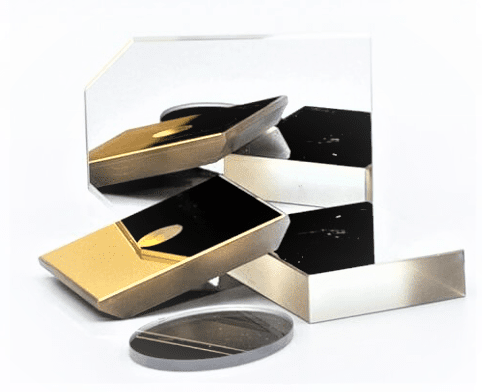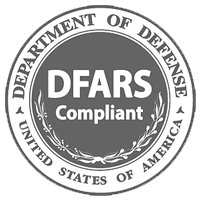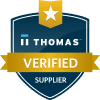Optical Mirror Fabrication
Sydor Optics fabricates an array of metallic and dielectric optical mirrors to meet your custom specifications and requirements. Optical mirrors basically consist of a polished substrate with a metallic coating or dielectric coating on the front surface, but different applications require different levels of precision optical mirrors.
That’s why Sydor Optics offers precision optics that can be coated utilizing our coating suppliers to produce a variety of optical mirrors based on customer requirements, manufactured from various materials in various shapes and sizes including lightweight mirrors to the utmost precision and exacting engineering standards based upon decades of experience. With the largest collection of double-sided grinding and polishing machines in North America, Sydor Optics can manufacture custom optical mirrors with virtually any optical coating paired with precision flatness, surface roughness and other critical tolerance specifications.
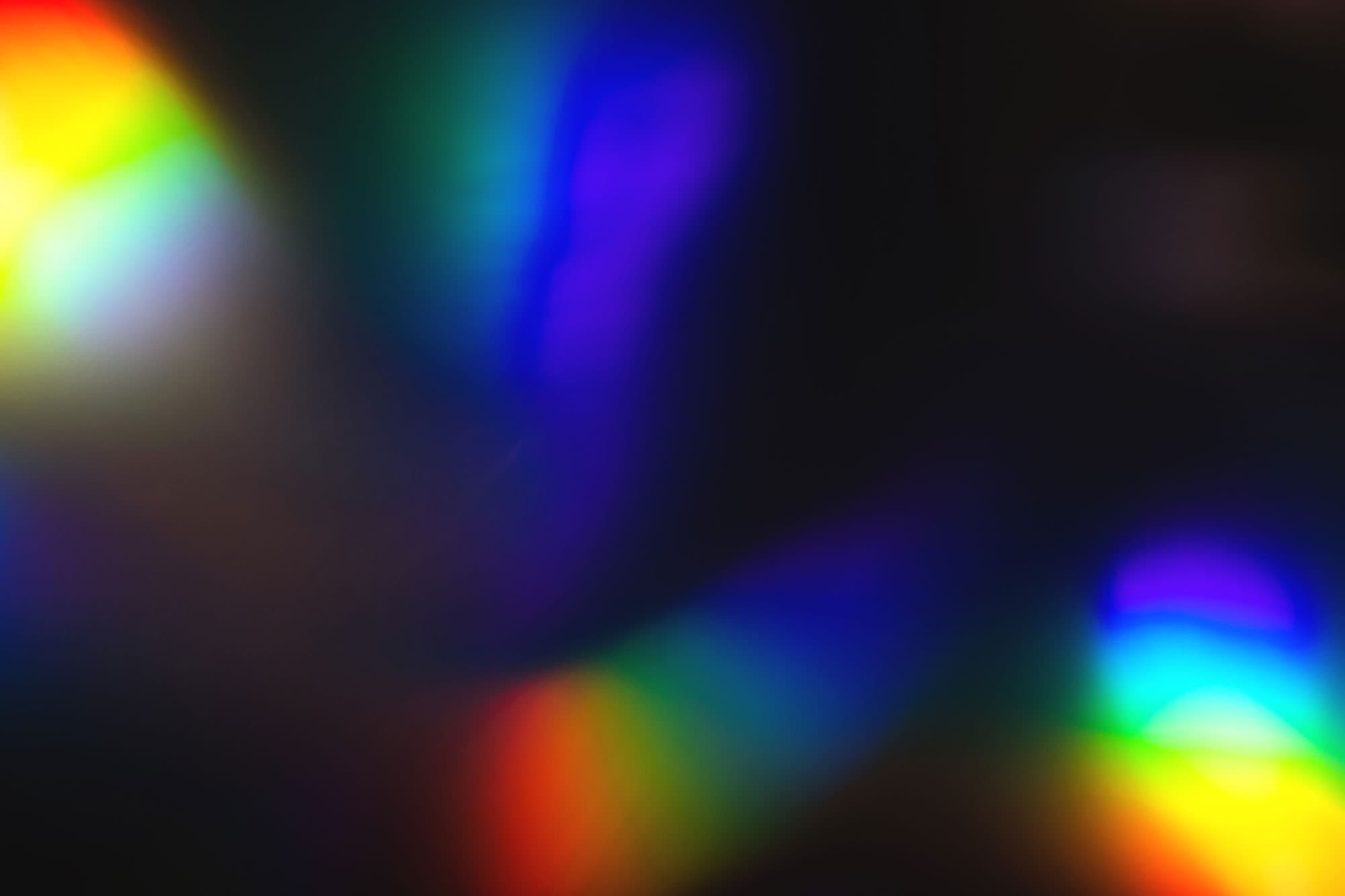
Available Material Types
Based upon customer demand, Sydor Optics offers Optical Mirrors made from the following substrate materials. Of course, if you don’t see a material you need, please contact a Sales Engineer, who will gladly discuss additional options that may be available.
Display Glass
Borosilicate glass, also called display glass, offers a combination of excellent light transmission and impressive technical properties. Made of silicon oxide and boron oxide, display glass is easily laser- or CNC-machined. In addition to having excellent chemical resistance, the material possesses a low coefficient of thermal expansion, meaning that it can resist high temperatures without cracking.Popular MaterialsFused Quartz
Fused Quartz is made using high quality, natural quartz powders with several fusion methods. Quartz material is stronger than glass, can be used at high temperatures (<1050°C) and has a high average transmission of over 80% from 260nm to 2500nm. The various qualities of fused quartz allow for use in a wide range of applications from semiconductor applications to lower precision window applications in hostile environments.Popular MaterialsFused Silica
Fused silica is a transparent glass formed by melting and cooling pure silica sand. Unlike most other glasses, fused silica does not contain any additives. It is an amorphous solid with a purity that gives it excellent optical transmission.- Corning HPFS 7980 (Industrial Grade)
- Corning HPFS 7980 (Standard Grade)
- Nikon NIFS (V, A, U, S Grade)
- Ohara SK-1300
- Tosoh ES, ED-H Series
Popular MaterialsIR Materials
Infrared materials produce good transmission in the infrared (IR) spectrum, which spans 0.75 μm to 15µm. Infrared materials are commonly selected for their transmission properties in the NIR (0.75µm – 1µm), SWIR (1µm – 2.7µm), MWIR (3µm – 5µm) or LWIR (8µm – 12µm) spectral sub-regions. The most common IR materials are silicon, germanium, sapphire, zinc sulfide, and zinc selenide.
- Germanium
- Sapphire
- Silica
- Zinc Sulfide
- Zinc Selenide
Popular MaterialsLow Expansion
Low expansion glass-ceramics are characterized by a near-zero coefficient of thermal expansion and excellent resistance to thermal shock. These materials have high purity and chemical stability, with minimal internal stress.Popular MaterialsOptical Glass
Optical glass is known for its high transmission, low dispersion, and homogenous refraction indices. These properties result from the continuous melting process and subsequent finishing methods used to create optical glass. This material is categorized into either flint glass or crown glass. Flint glass has an Abbe number < 55 and generally < 50. Flint glass is denser due to the inclusion of various metal oxides and exhibits strong chromatic dispersion. Crown glass has an Abbe number> 50 and generally > 55. Crown glass is typically less dense resulting from higher usage of alkali metals and exhibits low chromatic dispersion.Popular Materials
Optical Mirror Manufacturing Limits
| Specifications | Measurements |
|---|---|
| Diameter | ≤ 750mm |
| Length / Width | ≤ 600mm x 450mm |
| Thickness | ≤ 100mm |
| Thickness Tolerance | ± 0.01mm |
| Cosmetics (MIL-PRF-13830B) | 60-40 to 10-5 |
| Surface Roughness – before coating | ≥ 3 Ǻ rms |
| Reflected Wavefront Error (RWE) – before coating | ≥ 1/20 wave over clear aperture |
| Clear Aperture | ≤ 95% |

Types of Metallic Mirrors
Gold Coated Mirrors
Gold-coated optical mirrors provide the highest reflectivity and the highest environmental stability for infrared (IR) wavelengths, up to 98-99% throughout the infrared spectrum. Optical mirrors coated with gold (Au) are ideal for applications in the 750 – 1500nm wavelength range beyond 12um. Sydor Optics can custom manufacture gold-coated mirrors to meet the reflectivity and environmental stability requirements for your specific optical mirror applications.
Silver Coated Mirrors
Silver-coated optical mirrors provide excellent reflectivity, between 95-99% even into the far infrared spectrum and greater than 95% reflectivity from 450nm to beyond 12μm. However, mirrors coated with silver (Ag) may be less ideal for some applications since they can have less than 90% reflectivity in the blue and ultraviolet spectral areas. Fortunately, Sydor Optics can custom manufacture silver-coated mirrors to meet the reflectivity and light transmission requirements for your specific optics applications — along with protective coatings to help protect silver-coated mirrors from tarnishing.
Aluminum Coated Materials
Aluminum-coated optical mirrors are perhaps the most common and least expensive types of optical coating, and they are more durable than silver-coated mirrors. Aluminum (Al) reflects roughly 88-92% of the visible light spectrum, and greater than 85% reflectivity over a wide range of wavelengths in the UV, visible, and IR spectrum. Sydor Optics can custom manufacture aluminum-coated mirrors — with expert control of the thickness and density of aluminum coatings — to manipulate the reflectivity and light transmission for your specific requirements.
Nickel Coated Mirrors
Nickel-coated optical mirrors are relatively insensitive to wavelengths and are ideal for use in scatter-sensitive optical applications that require superior resistance to heat and thermal damage. Nickel (Ni) coated mirrors offer excellent corrosion resistance, hardness (Rockwell C hardness of approx. 49) and uniform thickness. Sydor Optics can custom manufacture nickel-coated mirrors — with a variety of finishings — to meet the specific requirements of your optics applications.
Chrome Coated Mirrors
Chrome-coated optical mirrors reflect less, absorb more, and are more durable than aluminum or gold and are relatively insensitive to wavelength. Chrome is frequently used as an undercoating in conjunction with other metallic coatings.
Copper Coated Mirrors
Copper-coated optical mirrors are most useful and common for applications involving the NIR and IR spectral regions as well as laser beam delivery, beam shaping, and laser beam guidance systems. Optical mirrors coated with copper (Cu) provide high heat capacity and conductivity and significant reflectivity. Sydor Optics can custom manufacture copper-coated mirrors — to meet your specific optical mirror applications — along with a variety of finishes and protective coatings as well.
Titanium Coated Mirrors
Titanium-coated optical mirrors are low density and high strength and are ideal for high-temperature environments and wherever superior corrosion-resistance is needed. Sydor Optics can fabricate custom titanium-coated optical mirrors to best meet the needs of your specific requirements.
Mirror Shapes
Sydor Optics can manufacture custom optical mirrors — with various shapes and sizes — using CNC Glass Machining or Laser Machining capabilities to meet your specific needs.
Some of the standard optical mirror shapes that Sydor Optics customers frequently order include:
- Circular Mirrors
- Square Mirrors
- Rectangular Mirrors
- Elliptical Mirrors
Lightweight Optical Mirrors
Mirror light-weighting offers several advantages to conventional mirrors of the same size, including lower system costs, shorter thermal equilibrium times, and reduced weight. Sydor Optics offers the experience, technology, and know-how to fabricate lightweight mirrors to meet your needs.
Optical Mirror Applications
- Aerospace / Defense
- Illumination Systems
- Imaging Systems
- Interferometry
- Laser Systems
- Long Range Telescopes
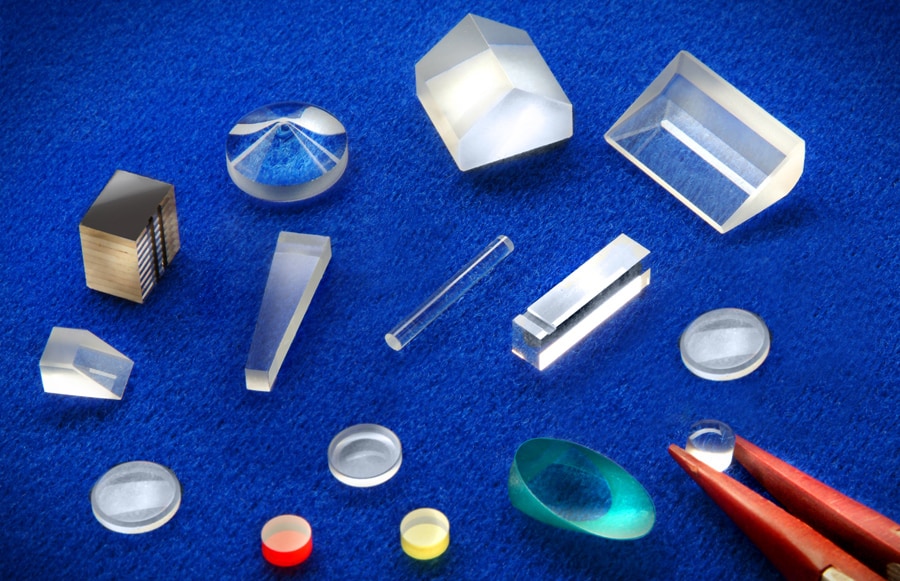
If you are starting a new program or need assistance, please contact us.
Memberships & Affiliations
